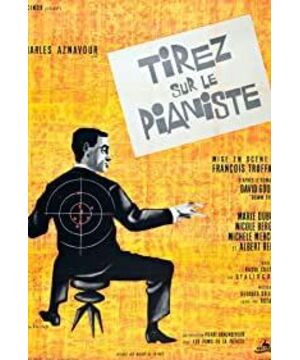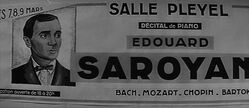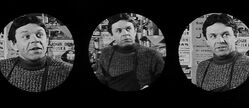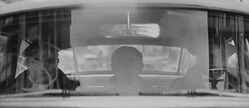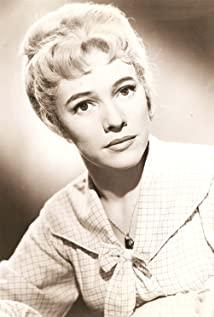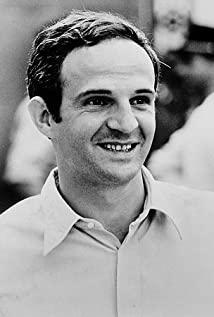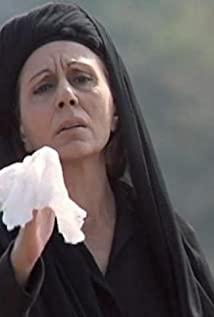- True Fei
: This film is rarely reviewed alone, and is always mentioned in the middle of "The Four Hundred Downs" and "Zu and Zhan". Because most audiences do not have the patience to sort out a black-and-white movie without a theme, even the detective story as the main line is frequently used by Truffaut in dialogue or inner monologue to express his views on "glory, success, depravity, failure, women and "Love" is interrupted abruptly, making the whole film as willful and messy as a B-grade film. The audience is a little impatient or distracted, and the film goes to an unimaginable situation on its own.
Life is like a big B-movie. Keep talking, keep thinking, keep doing, you can't predict how to live or predict how to die, just like a shady curtain with irregular white spots, mixing cowardice and ego, toughness and savagery, kindness and debauchery, evil and fun , wrapped in all the thoughts and feelings of good and bad, beauty and ugliness, as well as accidental or inevitable events, regardless of whether you keep moving forward, there are no rules to follow, no reason to speak.
The author of the movie. The director Truffaut showed the skills he wanted to show, expressed the thoughts he wanted to express, and then became a name on the subtitles. He didn't care if we liked it or not.
View more about Shoot the Piano Player reviews


